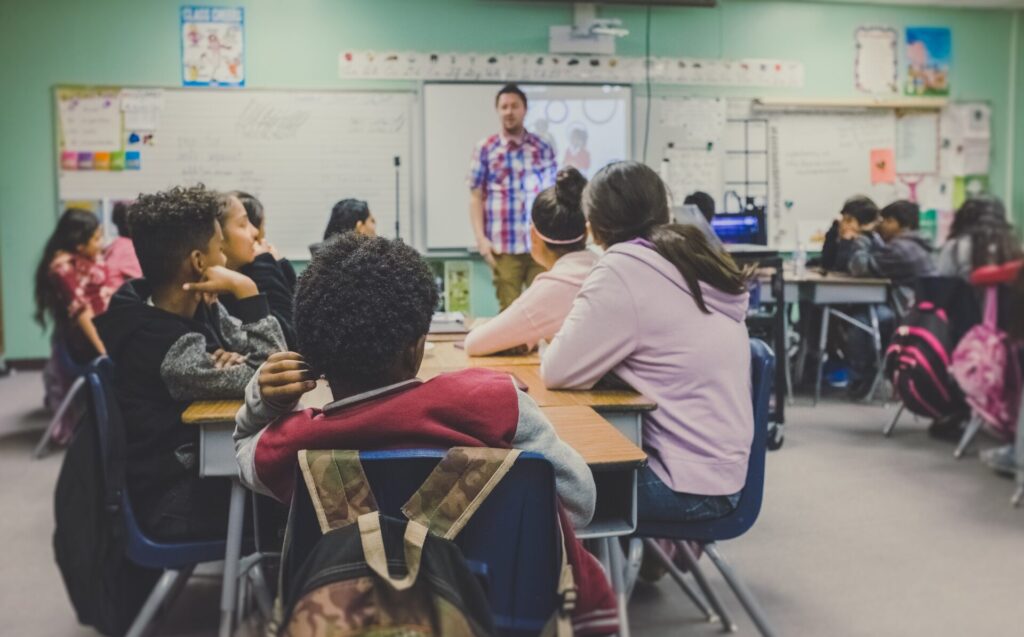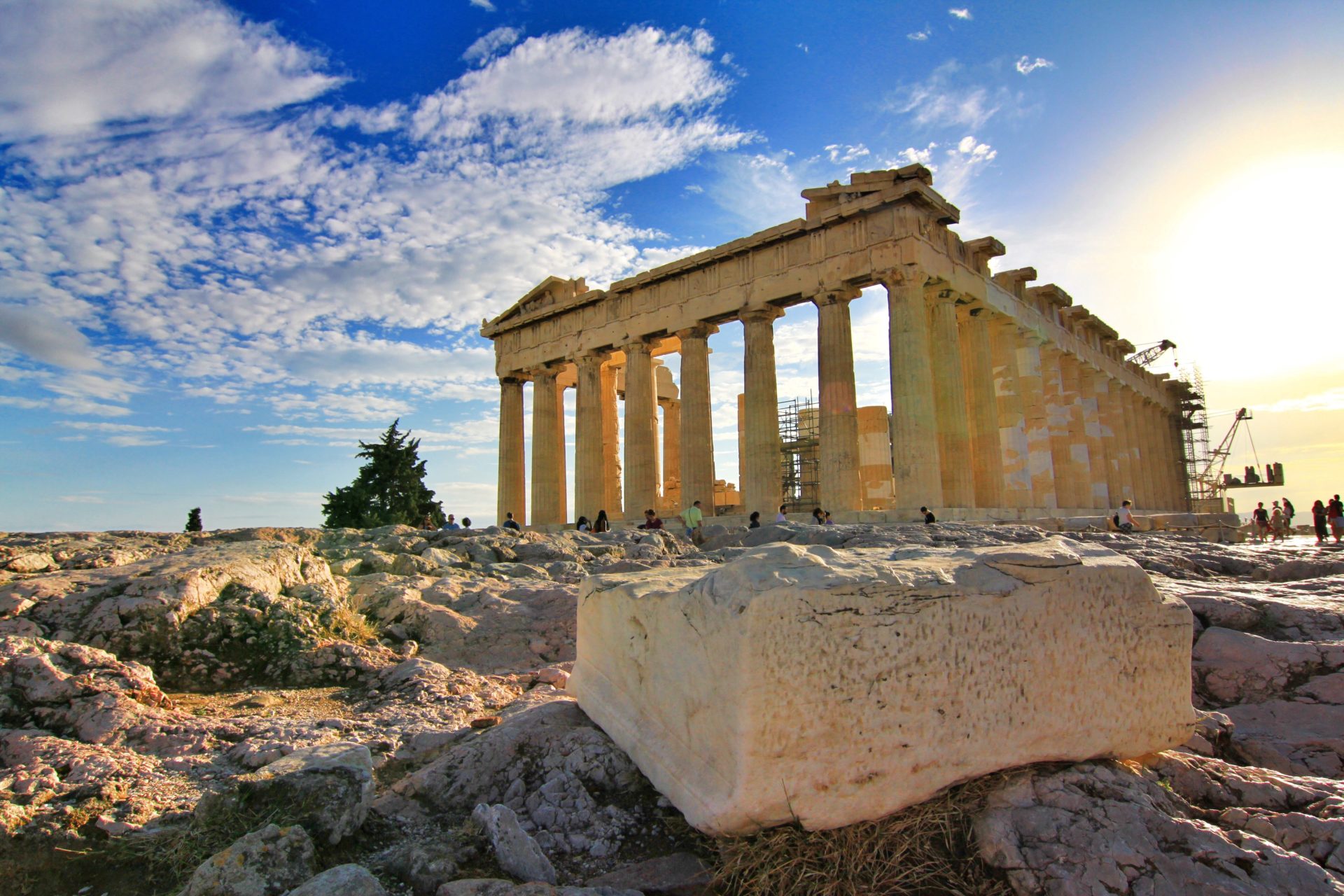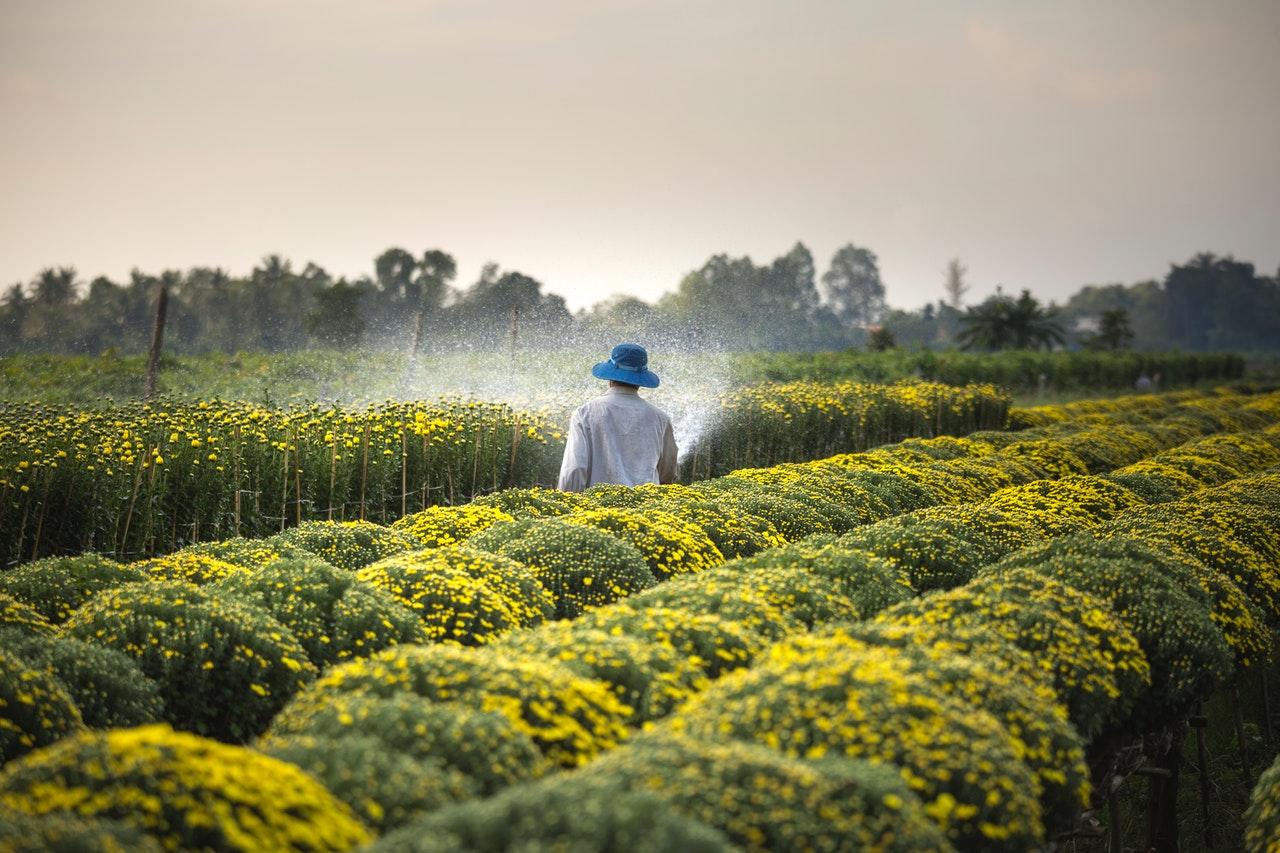It Is Time to Redefine Patriotism
Patriotism is considered a virtue; one that suggests a citizen’s devotion to his or her country. This devotion can take many forms – indeed, it ought to. But it does not. More often than not, patriotism is restricted to paying obeisance to past leaders, saluting the national flag or singing the national anthem with vigor, or celebrating military successes.
This is just narrow thinking. All of this may be important—and of course, armies and navies fulfil important roles—but to limit one’s love for a country to just a love for this, is unfortunate because it overlooks the importance of many other pursuits. We must endeavor to change this mindset – in fact, we must strive to reduce our focus (and spending) on military arsenal and devote both to other productive ends.
Are teachers, doctors and small business owners less important or any less patriotic, and aren’t they also providing service to their nations with utmost dedication? In limiting the understanding of the measure of patriotism to just military prowess, are we missing the bigger picture?
On the one hand, it means we are not appreciating the value of others serving the country. On the other, it is in many ways reflective of a malaise that is clouding international affairs – one that says “I don’t need you, and I can do this alone”.
At a time when countries and societies are engulfed in crisis, and are still looking inwards, this idea and interpretation of patriotism must be reassessed. First, it must be viewed more broadly and not through the parochial lens of defence capabilities alone. And second, it must also become more wholesome and consider a country’s role in the world and its position in a global system that is defined by multilateralism.
What is required—now more than ever—is the coming together of countries. Integration, and not exceptionalism is the mantra that we must live by. The COVID-19 pandemic has amply demonstrated the futility of chest-thumping nationalism and it is time to introspect, and to reassess. True patriotism should put human life first, and this crisis continues to illustrate that lives are going to be saved through cooperation and collaboration – through globalism rather than isolationism. It is time governments understand this.
China Values its Teachers Most
Teachers lay the stepping stones for the country’s youth. Beginning from elementary education to all higher studies, teachers make an invaluable contribution to the lives of future stalwarts. In simple terms, teachers are the ones shaping and inspiring the future soldier, doctor or entrepreneur.
Just as Latin or Sanskrit are mother languages—from where numerous other languages emerged—teaching is a profession that has led to the growth of all other employment avenues. It is perhaps no surprise then that the leading emerging economy is also the one that values its teachers the most. In the 2018 Global Teacher Status Index, China ranked first. It was followed by Malaysia, Taiwan, Russia and Indonesia.

Doctors are also ‘Warriors’
Similarly, doctors and the healthcare industry in general, are providing invaluable services to their respective nations and beyond – like the Doctors without Borders organization.
In the current scenario, when the global predicament has been likened to World War II, the ‘infantrymen’ in this case are very different – with their battlegrounds being intensive care units and makeshift hospitals. Their arsenal includes personal protective equipment, medical drugs and ventilators. Yet, when a doctor succumbs to COVID-19, they are regarded as a casualty – not a martyr. There is no doubt their efforts have been applauded, but are they not worthy of also being hailed as patriots?
Entrepreneurs are Patriots too
It is common knowledge that small and medium enterprises make the world go round. But dig a little deeper and what it reveals is equally worthy of praise. This intrepid lot has basically created employment for themselves and many others, forming the backbone of several economies around the world.
Even in an advanced economy such as Singapore, SMEs form over 90 percent of all business entities – generate approximately 48 percent of GDP, and employ 65 percent of its workforce. Small businesses bolster their local communities and makes substantial tax contributions that can then be repurposed for various other activities.
Time for Patriotism 2.0?
Patriotism does have positive implications for any country; it makes their citizens take pride in their identity, and drums up great support during sporting and other events. However, it is time to redefine what it means to be patriotic. It is time to acknowledge a broader spectrum of people whose efforts are often not accorded the deserved recognition, and not just those associated with defense.
At the same time, it is time to acknowledge that patriotism isn’t about going it alone; rather it is about enabling a country to fulfil its responsibilities to the global community. For in the benefit of all lies the benefit of the one.



